Al Aqsa was awe-inspiring but deteriorating from neglect. A big behemoth of a staircase challenged its foundations from the vantage point of the Wailing Wall weakening them as part of archaeological efforts to uncover ancient Jewish holy sites.
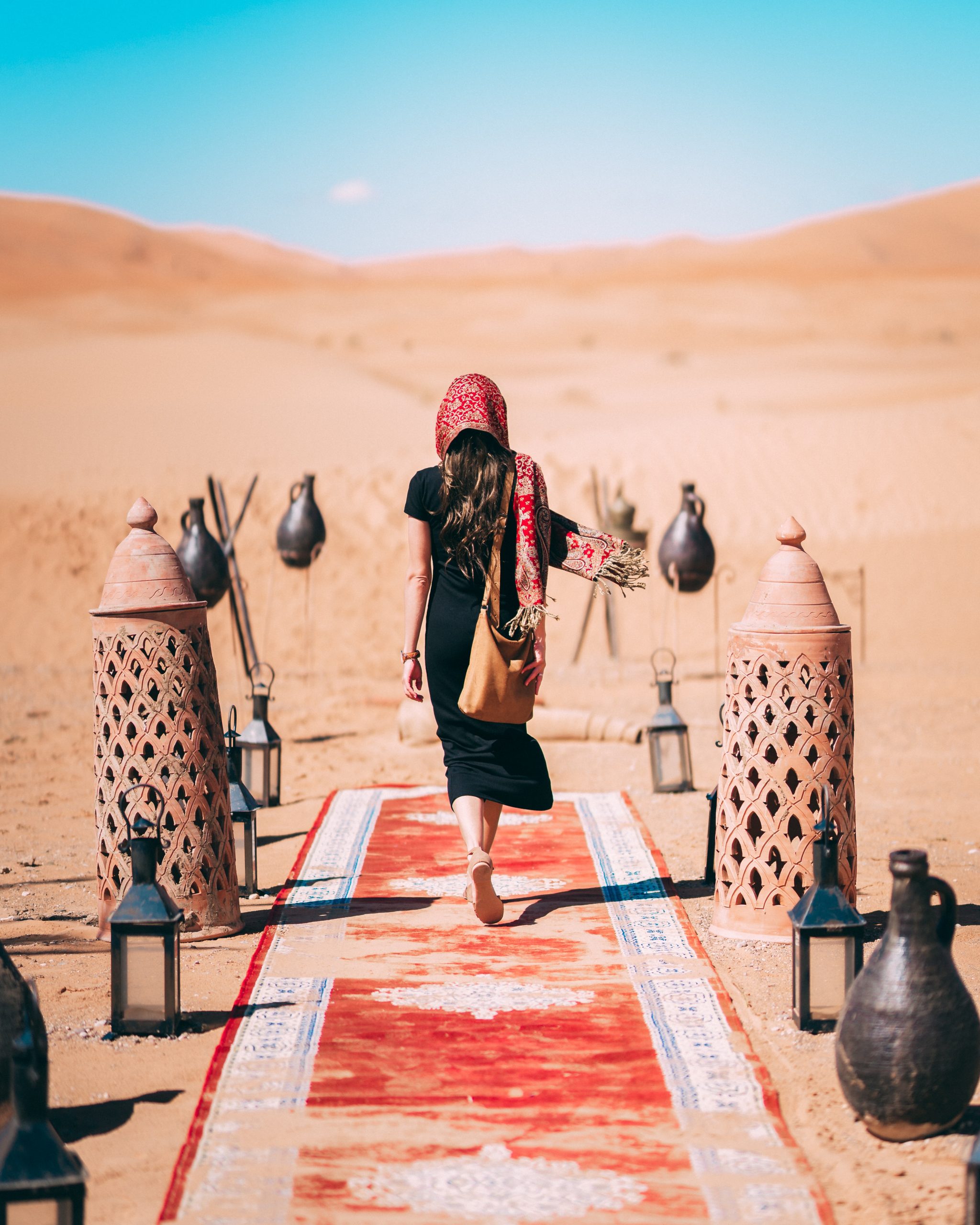

Al Aqsa was awe-inspiring but deteriorating from neglect. A big behemoth of a staircase challenged its foundations from the vantage point of the Wailing Wall weakening them as part of archaeological efforts to uncover ancient Jewish holy sites.

In this world where it sometimes seems that the only thing that matters is whether you’re a nice thing to look at or not, then I don’t want to be a thing to look at. Give me the choice of being the art or the artist, and I’ll choose the artist. Covering myself from head to toe is my liberation from the prying eyes of the public that expect something beautiful in return for the place I demand in the world.

Hijabis can’t do this, sit like that, joke about this, or try that. Hijabis must do this, sit like that, talk about this, listen to that. Hijabis are hijabis before they are girls, before they are people, before they are human. And, above all, hijabis must endure. I understand endurance of pain, loss, fear, hardships. But of deteriorating esteem? Of waning expressiveness? Of a noticeable loss in femininity? Of a dwindling perception of the self?
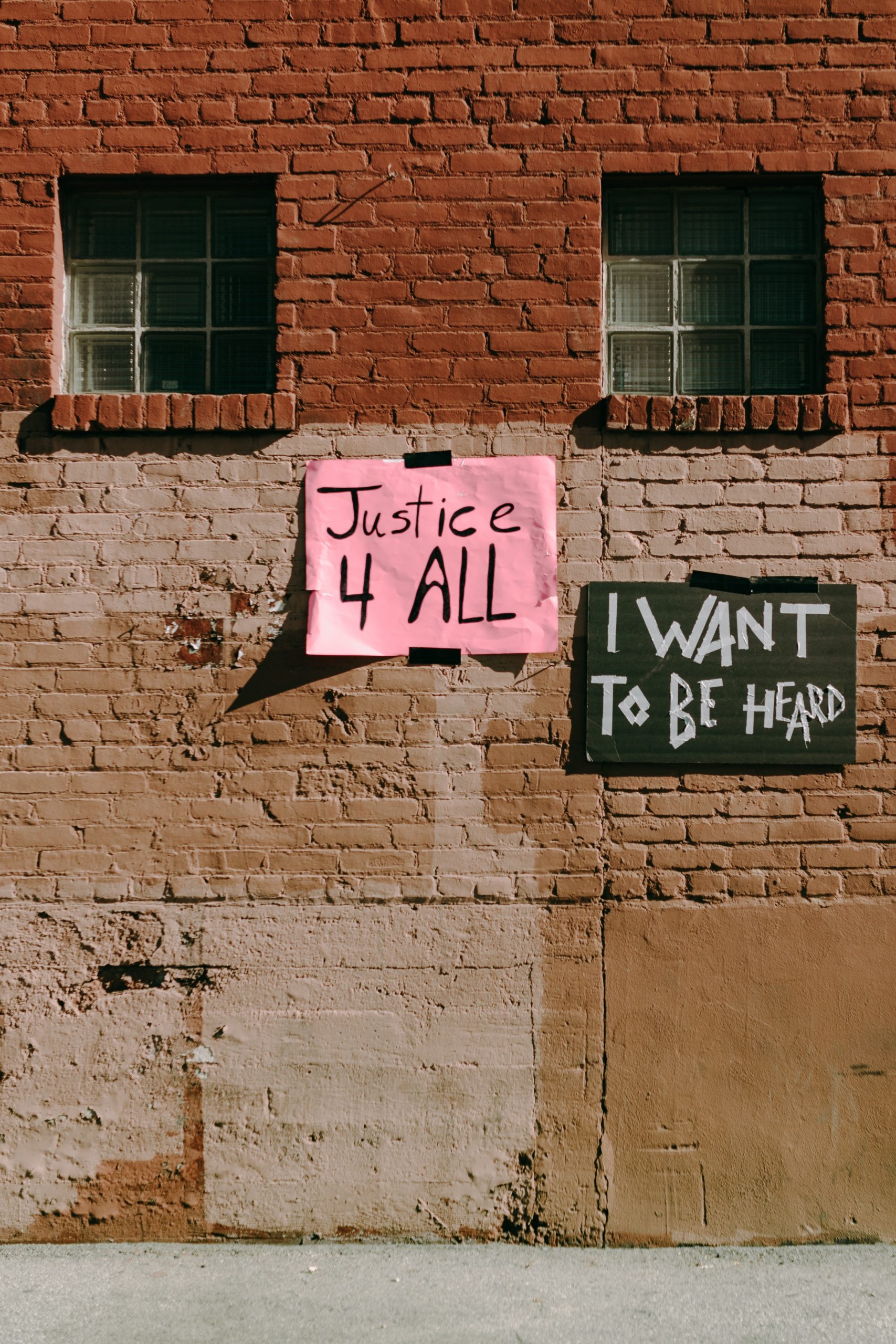
As a Muslim, I try my best to talk about Islam in the way I believe it to be true and not in the way that the media would like to portray me as. I remember somewhere in the conversation, she mentioned how when she went to Dubai, couples were not allowed to hold hands and how she found that to be backwards. I told her, it is their culture and it is their country and if you did not like it, you do not have to go there.

Women who don’t become pregnant have been presumed to have weak morality and stereotyped as promiscuous or masculine. From the snide comments about her chastity and medical history to the explicit confrontations about whether or not she has had an abortion in the past or has been using contraceptives to avoid getting pregnant, the issue of infertility is a leading cause of anxiety and mental health issues for many women.
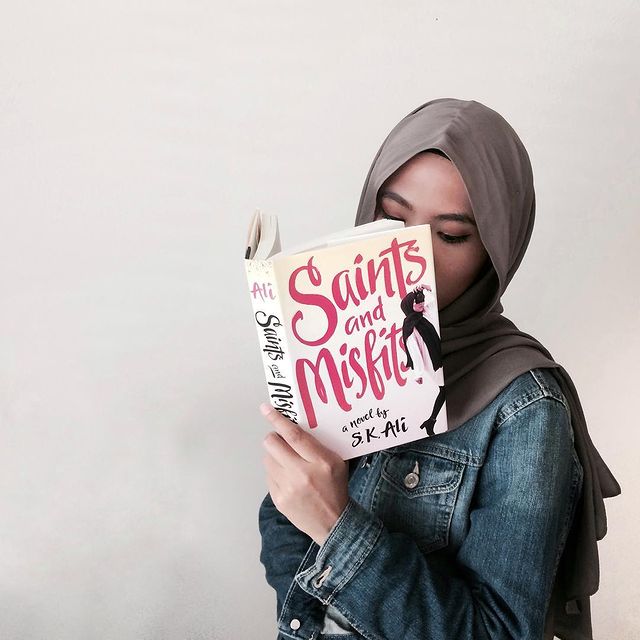
The way the scenes were written especially with the characters who defended the rapist and the characters who stood up for Janna was extremely eye-opening. As Muslims, this book serves as a daily reminder not to put scholars and hafidhs on a pedestal. Do the research and listen to the victims when they try to speak up.
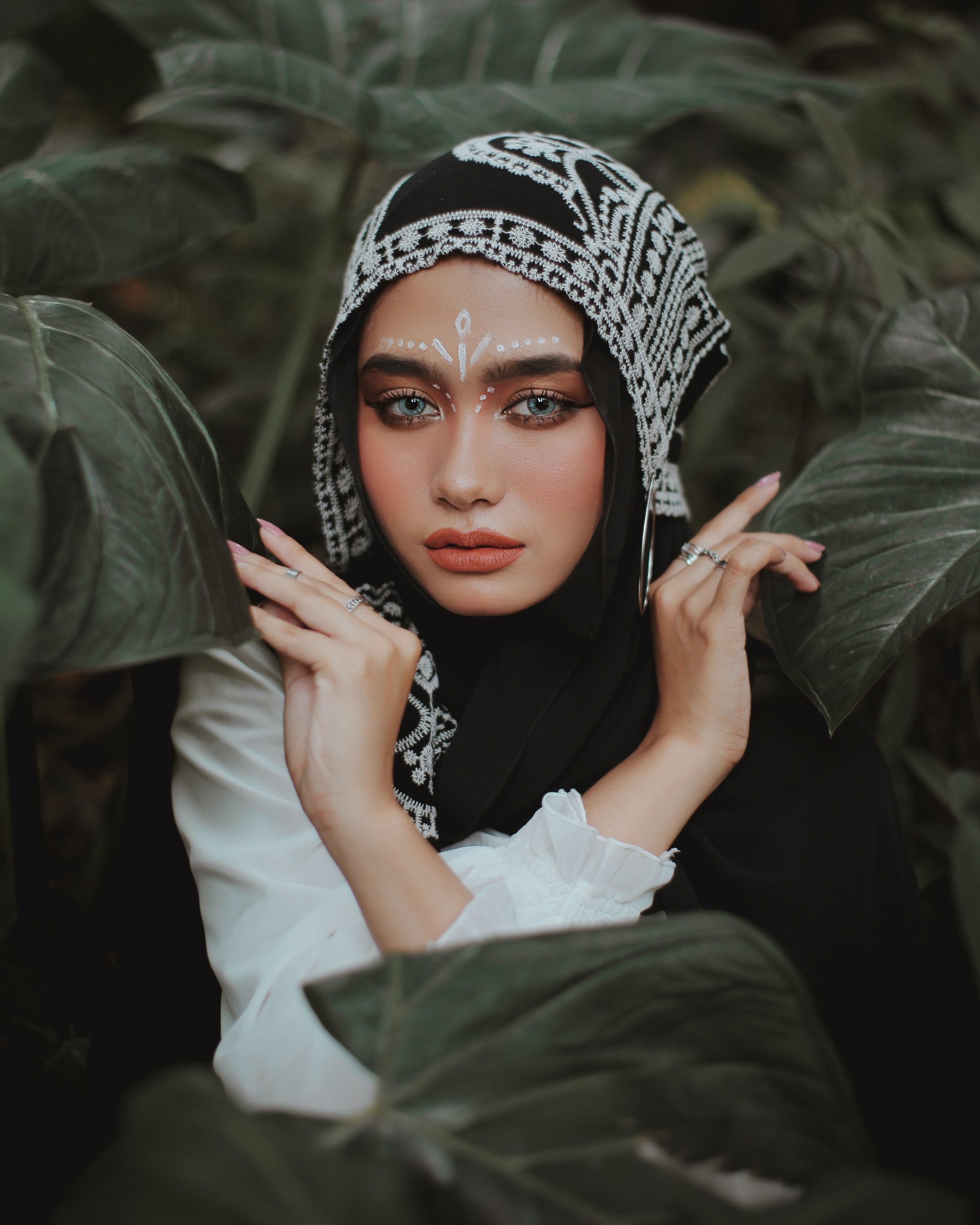
Women’s voices are still struggling to be heard unfiltered even when they bring up their own grievous stories. They still come out mixed up with judgment and fear, they receive the request to be polite and they often collide with society’s will to cut out the most unsettling parts. Hence the very popular choice of silence instead of voicing violence, racism, and homotransphobia. Marginalized people do prefer keeping silent than seeing their stories thrown in the public sphere with little chance of a truthful narrative.

Does men’s worship supersede that of women? And Is cooking a feast a substitute for prayers? How does a person who has spent a large part of their day doing chores have reserved energy for the actual purpose of Ramadhan?

In our modern world, this incident would have an entire community swearing and condemning a woman for daring to leave her marital home in a state of anger, let alone staying at her aunt’s for a period of four months. Muslim women today, are told that to step foot outside their matrimonial home without their spouse’s permission is tantamount to stepping into the fire of hell. There is a lot of oppression and spiritual blackmail going on in our communities against women and if these issues are not addressed, they’re going to have a devastating effect on our ummah.
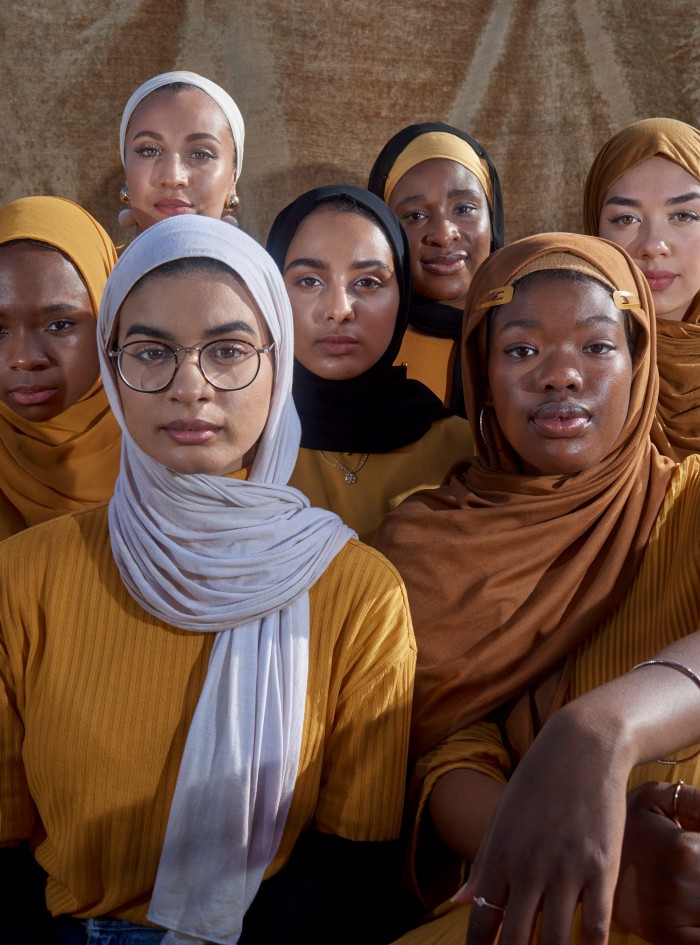
Growing up, I thought I had to suppress my identity as a Muslim because I felt like it made me stick out like a sore thumb. I grew up watching Disney Channel and Cartoon Network, where Muslim characters were non-existent. As I got older, I only saw Muslims portrayed as terrorists. At 22 years old, I am yet to see a Muslim woman in a TV show or movie, who has not been forced into the Hijab or felt trapped by her religion and family. I am yet to see a Muslim woman who is happy, thriving, and living life to the fullest, like so many of the Muslim women I know personally.